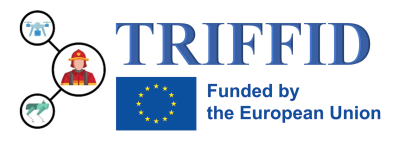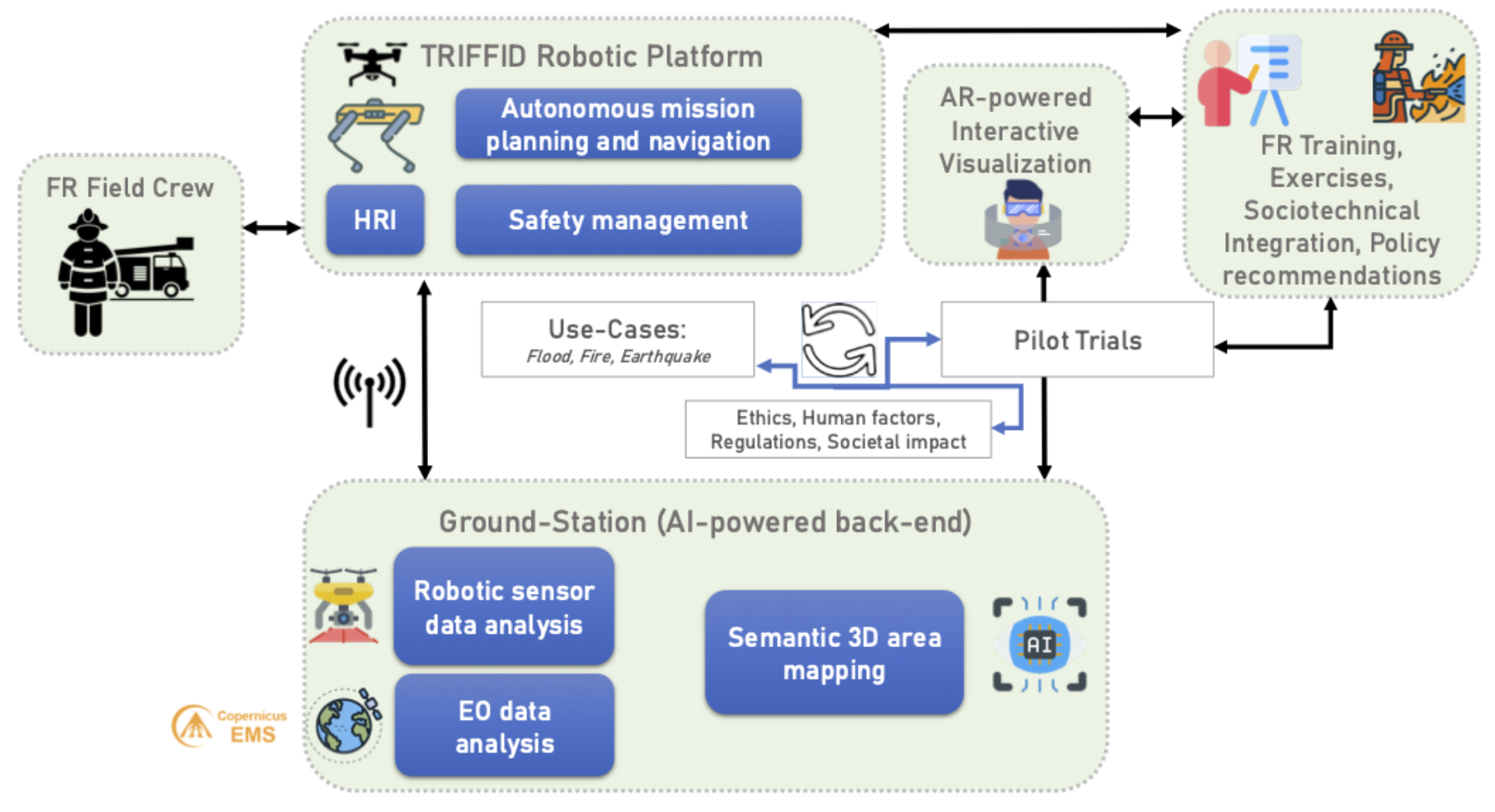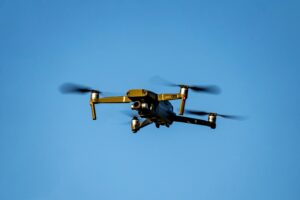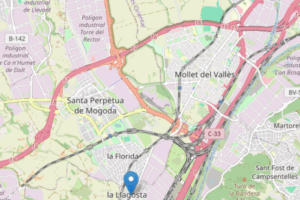
GridForLoads: Stabilising the power grid through grid-forming loads
September 18, 202522/09/2025
A research team led by the Mobile Robotics and Artificial Intelligence Group (RAIG) of the Institut de Robòtica i Informàtica Industrial (IRI, CSIC-UPC) at the Universitat Politècnica de Catalunya - BarcelonaTech (UPC) is taking part in the European project TRIFFID (auTonomous Robotic aId For increasing FIrst responDers efficiency). The aim is to develop a platform to support rescue operations in emergency situations. The initiative combines advanced robotics, artificial intelligence and immersive interfaces to enhance safety and accelerate response in hazardous environments.
The TRIFFID project focuses on developing a system that combines the use of a ground and an aerial robot (UGV + UAV), capable of carrying out autonomous reconnaissance tasks powered by artificial intelligence (AI), thereby reducing the burden of human supervision. The data collected are displayed in real time on a control station equipped with an augmented reality interface, generating semantic maps of disaster scenarios and integrating them into European Civil Protection procedures.
In addition to its technological dimension, the project also addresses operational, legal and social aspects to ease the adoption of the solutions, and includes training tools for rescue personnel.
Impact
TRIFFID will help improve the efficiency of rescue teams, shorten response times and reduce human exposure to danger, with a significant decrease in planning and operational time, and an improvement in safety and decision-making in hazardous environments.
Consortium, budget and funding
The consortium consists of 12 partners from 9 European countries. Coordinated by HUA (Greece), and in addition to UPC (Spain), the project involves: HMU (Greece), VUB (Belgium), UWB (Czech Republic), CNR (Italy), DCNA (Austria), Telesto (Greece), ITML (Cyprus), PUI (France), GB (Netherlands), HFC and ROE (Greece).
The UPC, with the support of the IRI (CSIC-UPC), plays a key role in:
- Technical and scientific leadership: monitoring compliance with the project’s scientific and technological objectives throughout its duration.
- Leadership in robotic navigation and communications: developing advanced real-time methods for dynamic mission planning, autonomous navigation of ground and aerial robots, and safety management and recovery in the event of failures.
- Technical partner: designing and implementing the TRIFFID semantic mapping strategy, including LiDAR-based techniques, non-visual data analysis and information fusion.
TRIFFID has a total budget of € 4,098,690, fully funded by the European Union under the Horizon Europe programme (HORIZON-CL3-2023-DRS-01-05-101168042). The project will run for three years (October 2024 – September 2027).


Related Projects
- A research team led by the Mobile Robotics and Artificial Intelligence Group (RAIG) of the Institute of Robotics and Industrial Informatics (IRI, CSIC-UPC) at the Universitat Politècnica de Catalunya - BarcelonaTech (UPC) is taking part in the European project TRIFFID (auTonomous Robotic aId For increasing FIrst responDers efficiency). The aim is to develop a platform to support rescue operations in emergency situations. The initiative combines advanced robotics, artificial intelligence and immersive interfaces to enhance safety and accelerate response in hazardous environments.
- The Centre of Technological Innovation in Power Electronics and Drives (CITCEA) of the Universitat Politècnica de Catalunya - BarcelonaTech (UPC) is leading a European project that redesigns the current energy system to stabilise the power grid in the face of high renewable energy penetration. The proposed solutions involve using the loads that consume energy to help balance the grid.
- A team from the Environment Centre Laboratory (LCMA) of the Universitat Politècnica de Catalunya - BarcelonaTech (UPC) is taking part in a study commissioned by the city councils of la Llagosta, Mollet and Santa Perpètua (in Vallès Occidental), with the main objective of identifying the impact of industrial plants on the generation of unpleasant odours and continuously monitoring air quality in these municipalities.
- Researchers from the Concrete Sustainability and Smart Structures (C3S) research group, part of the Construction Engineering (EC) group at the Universitat Politècnica de Catalunya - BarcelonaTech (UPC), are leading the CIRC-BOOST project, which aims to promote sustainability, industrial competitiveness and greater resource efficiency in the European construction sector.




